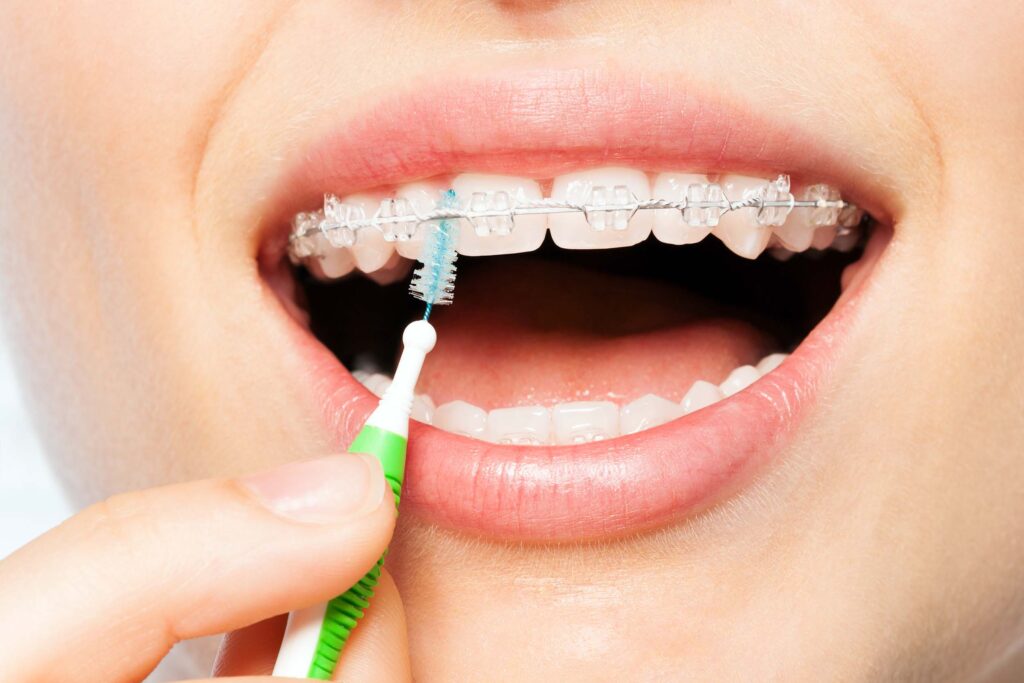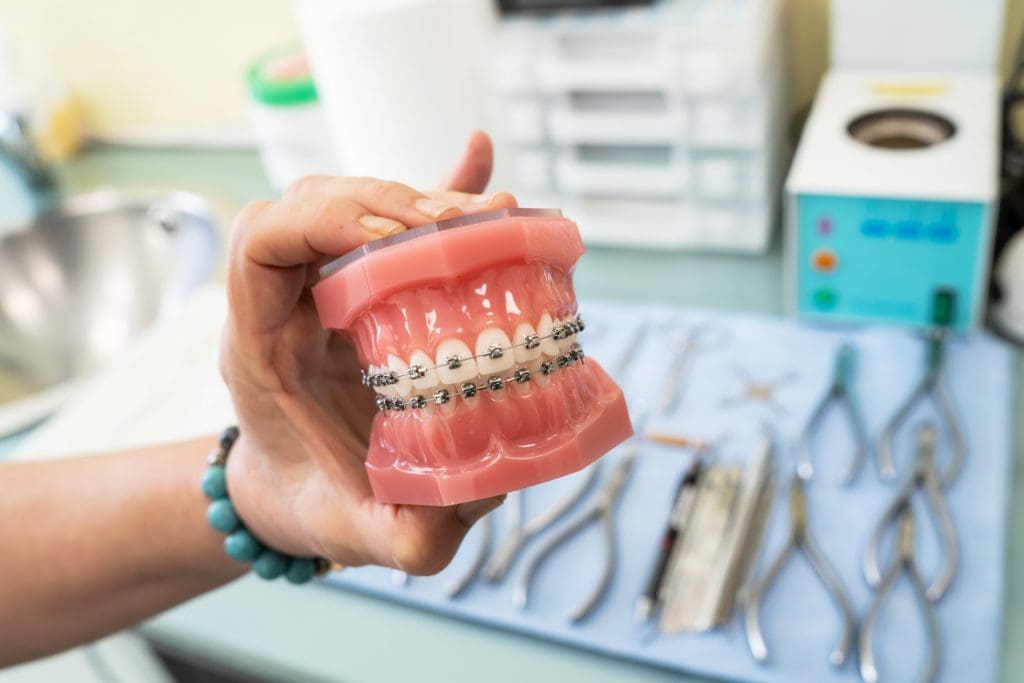Expert Cumming Braces and Aligners: What to Know Prior To You Go to
Expert Cumming Braces and Aligners: What to Know Prior To You Go to
Blog Article
Comprehensive Guide to Orthodontics Treatments for Fixing Dental Misalignments
In the realm of orthodontics, the trip to accomplishing a completely straightened smile entails a myriad of treatments tailored to remedy oral imbalances. From conventional dental braces to undetectable aligners and also medical choices, the field of orthodontics provides a variety of remedies to address differing levels of oral irregularities. Comprehending the ins and outs of each procedure, including their mechanisms, benefits, and potential drawbacks, is vital in making notified decisions about one's orthodontic therapy. As we navigate via the comprehensive overview to orthodontic treatments for dealing with dental imbalances, the intricate information of each approach will certainly unravel, dropping light on the course towards a functional and unified oral placement.
Orthodontic Procedures Overview

In enhancement to standard dental braces and clear aligners, orthodontists may also suggest various other treatments like headgear, palatal expanders, or retainers to address certain alignment concerns (cumming aligners). These procedures are customized to every client's special needs and might involve a mix of therapies to accomplish the wanted results. Regular modifications and surveillance are essential parts of orthodontic therapy to ensure progress gets on track and to make any type of necessary modifications along the road. By undergoing orthodontic procedures, individuals can not only attain a straighter grin but likewise boost their total oral health and function.
Traditional Dental Braces: How They Function
When considering orthodontic treatments for oral imbalances, traditional dental braces attract attention as a tried and true technique for dealing with teeth placing. Standard braces include brackets, wires, and bands that interact to apply constant stress on the teeth, slowly relocating them right into the preferred alignment. The braces are affixed to the teeth making use of an unique adhesive, and the cables are threaded through the braces. By readjusting the tension of the cords, orthodontists can regulate the direction and pressure used to each tooth, leading them into correct positioning with time.
As stress is applied to the teeth through the dental braces, the bone surrounding the teeth is reshaped to support the new tooth positions. Individuals will need routine adjustments at the orthodontist's office to ensure the dental braces proceed to use the correct pressure for effective teeth movement.
Unnoticeable Aligners: Benefits And Drawbacks
These clear, customized trays are virtually undetectable when worn, making them an appealing alternative for individuals looking for a more cosmetically pleasing orthodontic therapy. Patients can get rid of the aligners before consuming or brushing their teeth, reducing the risk of food getting stuck in the appliance and simplifying the cleaning procedure.

Surgical Orthodontic Options
Surgical interventions in orthodontics existing sensible options for resolving intricate dental misalignments that may not be effectively resolved through conventional orthodontic treatments. While unseen aligners and conventional dental braces can correct several orthodontic problems, particular situations require medical intervention to achieve optimum outcomes. Surgical orthodontic choices are typically advised for severe malocclusions, considerable jaw disparities, and instances where the underlying bone framework requires alteration to accomplish correct positioning.
One typical medical orthodontic treatment is orthognathic surgical treatment, which includes rearranging the jaws to deal with practical concerns such as trouble speaking or eating. This surgical treatment is typically carried out in partnership with an orthodontist who assists align the teeth before and after the procedure. Surgical orthodontics might additionally entail treatments to reveal influenced teeth, remove excess periodontal tissue, or reshape the jawbone to produce an extra unified facial account.
Before taking into consideration surgical orthodontic choices, people undertake a detailed assessment to figure out the need and potential benefits of such treatments. cumming orthodontist. While surgical procedure may seem daunting, it can considerably boost both the feature and aesthetic appeals of the smile in cases where conventional orthodontic therapies fail
Retainers and Post-Treatment Care

Failing to conform with post-treatment care instructions can result in relapse, where the teeth slowly move back towards their initial settings. Consistent retainer wear, great oral health, and routine oral examinations are necessary for maintaining the results accomplished through orthodontic surgical procedure and making certain the long-lasting stability of the dealt with dental placement.
Conclusion
To conclude, orthodontic treatments supply numerous options for remedying oral misalignments. Typical dental braces use metal braces and wires to change teeth into appropriate placement. Unseen aligners offer a more very discreet alternative however may not be suitable for all instances. Surgical orthodontic options are offered for a lot more severe imbalances. Retainers are commonly made use of post-treatment to maintain the brand-new placement. On the whole, orthodontic treatments can properly enhance oral wellness and visual look.
As we navigate with the detailed overview to orthodontic treatments for correcting oral imbalances, the intricate details of each approach will certainly unravel, dropping light on the path toward a useful and unified dental placement. - aligners
One of the most usual orthodontic therapies is the use of braces, which are composed of metal brackets and wires that use mild stress to progressively move teeth into the preferred setting.When considering orthodontic dental implants problems therapies for same day dental implants dental imbalances, conventional dental braces stand out as a time-tested approach for fixing teeth positioning. In addition, invisible aligners may not be appropriate for complex orthodontic problems that require more significant teeth activity, as they are usually recommended for moderate to moderate instances. Retainers are customized orthodontic tools made to hold teeth in their remedied settings after the completion of orthodontic treatment.
Report this page